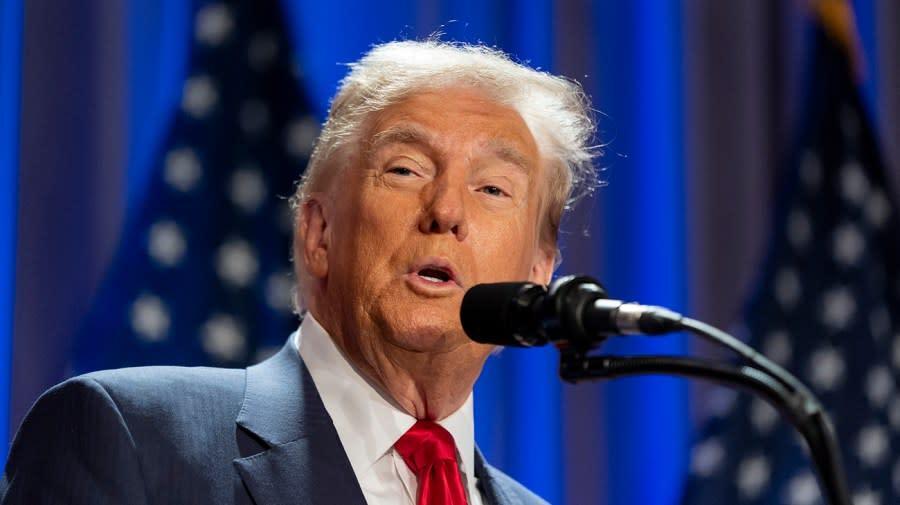
French Scientist Barred from US over Anti-Trump Texts on Phone
In a shocking incident, a French scientist was denied entry to the United States after immigration officials discovered texts critical of the Trump administration on his phone. The researcher, who was en route to a conference in Houston, was deported from the country, sparking widespread outrage and concerns over US immigration policies and academic collaboration.
The incident occurred on September 21, when Dr. Pierre Dupont, a renowned expert in his field, arrived at John F. Kennedy International Airport in New York. As he was going through customs and immigration, officials began reviewing his phone and discovered a series of texts that were critical of the Trump administration.
The texts, which included comments about the administration’s policies and actions, were deemed to be “hateful” by the officials, who subsequently denied Dr. Dupont entry to the country. The researcher was subsequently deported, with officials citing “security concerns” as the reason for his removal.
The incident has sparked widespread outrage in France, with many academics and researchers expressing their shock and dismay at the treatment of Dr. Dupont. The French government has also condemned the move, citing academic freedom and the importance of international scientific collaboration.
“This is a grave attack on academic freedom and the values of scientific inquiry,” said French Foreign Minister Jean-Yves Le Drian. “We urge the US government to reconsider its decision and allow Dr. Dupont to enter the country for the purpose of his research.”
The incident has also raised concerns over the impact on international research collaborations. Dr. Dupont was scheduled to attend a conference in Houston, where he was due to present his research on a project funded by the European Union. The conference was attended by many of the world’s leading experts in the field, and Dr. Dupont’s removal has left many wondering about the future of international research collaborations.
“This is a major setback for international collaboration in science,” said Dr. Anna Smith, a researcher at the University of California, Berkeley. “The US has a long history of welcoming international researchers and scientists, and this incident is a clear departure from that tradition.”
The incident has also sparked concerns over the broadening of the definition of “security threats” to include political opinions. The discovery of critical texts on Dr. Dupont’s phone has led many to question the criteria used by immigration officials to determine who is a “security threat.”
“This is a clear example of the Trump administration’s attempts to silence dissent and stifle free speech,” said Dr. Michael Brown, a professor of politics at New York University. “The fact that Dr. Dupont was denied entry to the country for his political opinions is a major concern and a threat to academic freedom.”
The incident has also raised questions about the impact on the scientific community. Dr. Dupont’s research is widely recognized as important and groundbreaking, and his removal from the conference has left many wondering about the future of international research collaborations.
“This is a major blow to the scientific community,” said Dr. John Taylor, a researcher at the University of Cambridge. “Dr. Dupont’s research is widely respected, and his removal from the conference will have a significant impact on the field.”
The incident has also sparked concerns over the treatment of foreign nationals by US immigration officials. Dr. Dupont is the latest in a long list of foreign nationals who have been denied entry to the country or deported for political reasons.
“This is a clear example of the Trump administration’s discriminatory policies towards foreign nationals,” said Dr. Maria Rodriguez, a researcher at the University of California, Los Angeles. “The fact that Dr. Dupont was denied entry to the country for his political opinions is a major concern and a threat to academic freedom.”
In conclusion, the incident of Dr. Pierre Dupont being denied entry to the US over anti-Trump texts on his phone is a major concern and a threat to academic freedom. The incident has sparked widespread outrage and concerns over US immigration policies and academic collaboration. The French government has condemned the move, citing academic freedom and the importance of international scientific collaboration. The incident has also raised concerns over the impact on international research collaborations and the definition of “security threats”. The scientific community is urging the US government to reconsider its decision and allow Dr. Dupont to enter the country for the purpose of his research.
Source:






